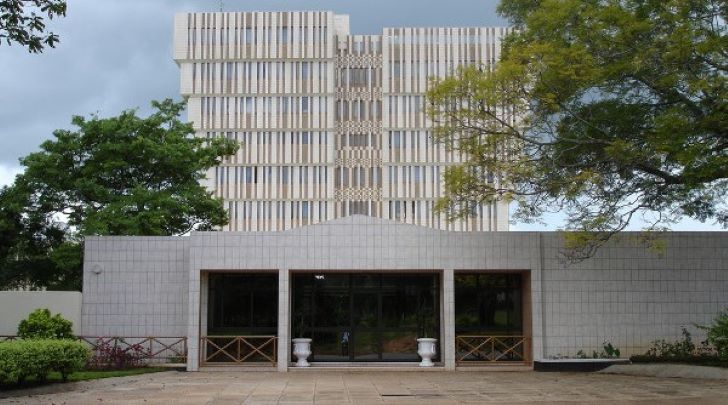Key Business Points
- The Reserve Bank of Malawi (RBM) will assess the impact of the recent 33.2 percent fuel price hike on its inflation projections, which were revised upwards to 28.5 percent in 2025.
- The fuel price increase, which saw petrol and diesel prices rise by an average of 33.16 percent, is expected to have a ripple effect on transport costs and ultimately, inflation.
- Business owners and entrepreneurs should be aware that the fuel price hike may affect production and distribution costs, as fuel is a critical input across the economy, influencing transportation, production, and distribution costs, as noted by economist Velli Nyirongo, who said "fuel is a critical input across the economy".
The recent fuel price hike in Malawi has sent shockwaves throughout the economy, with the Reserve Bank of Malawi (RBM) taking note of its potential impact on inflation projections. The 33.2 percent increase in fuel prices, which came into effect last Wednesday, has raised concerns among business owners and entrepreneurs about the potential effects on transport costs and ultimately, inflation. As the RBM spokesperson, Boston Maliketi Banda, noted, the central bank will assess the implications of the fuel price hike on inflation and evaluate whether it will materially affect previous projections.
The fuel price hike, which saw petrol prices rise from K2 530 to K3 499 per liter and diesel prices increase from K2 734 to K3 500 per liter, is expected to have a significant impact on the economy. According to economist Velli Nyirongo, fuel is a critical input across the economy, influencing transportation, production, and distribution costs. As he noted, "although transport itself represents only a modest share of the inflation basket, its indirect impact is much larger as it affects distribution of food, which constitutes more than half of household expenditure". This is particularly relevant in Malawi, where mkwapatani (farmers) and wafanyabiashara (businesspeople) rely heavily on fuel for transportation and production.
The increase in fuel prices also comes midway through the 2025/26 National Budget, which was premised on the assumption that inflation would average 22.3 percent during the year. However, with the recent fuel price hike, it is likely that inflation will exceed this projection, having a negative impact on businesses and nkhalango zao (their customers). As the Employers Consultative Association of Malawi data shows, the cost of basic needs, excluding transport expenses, increased by 21 percent from K739 023 in January to K898 280 in August, but when transport is factored in, the cost rises to K962 280. This suggests that business owners and entrepreneurs need to be prepared for increased costs and reduced consumer spending, which could have a significant impact on their bottom line.
Overall, the recent fuel price hike in Malawi is a cause for concern for business owners and entrepreneurs, who need to be aware of the potential impact on their operations and bottom line. As the RBM continues to monitor the situation, it is essential for businesses to be proactive and adaptive in responding to the changing economic landscape, by kulemekeza (diversifying) their operations and kutengera (managing) their costs effectively.
What are your thoughts on this business development? Share your insights and remember to follow us on Facebook and Twitter for the latest Malawi business news and opportunities. Visit us daily for comprehensive coverage of Malawi’s business landscape.

